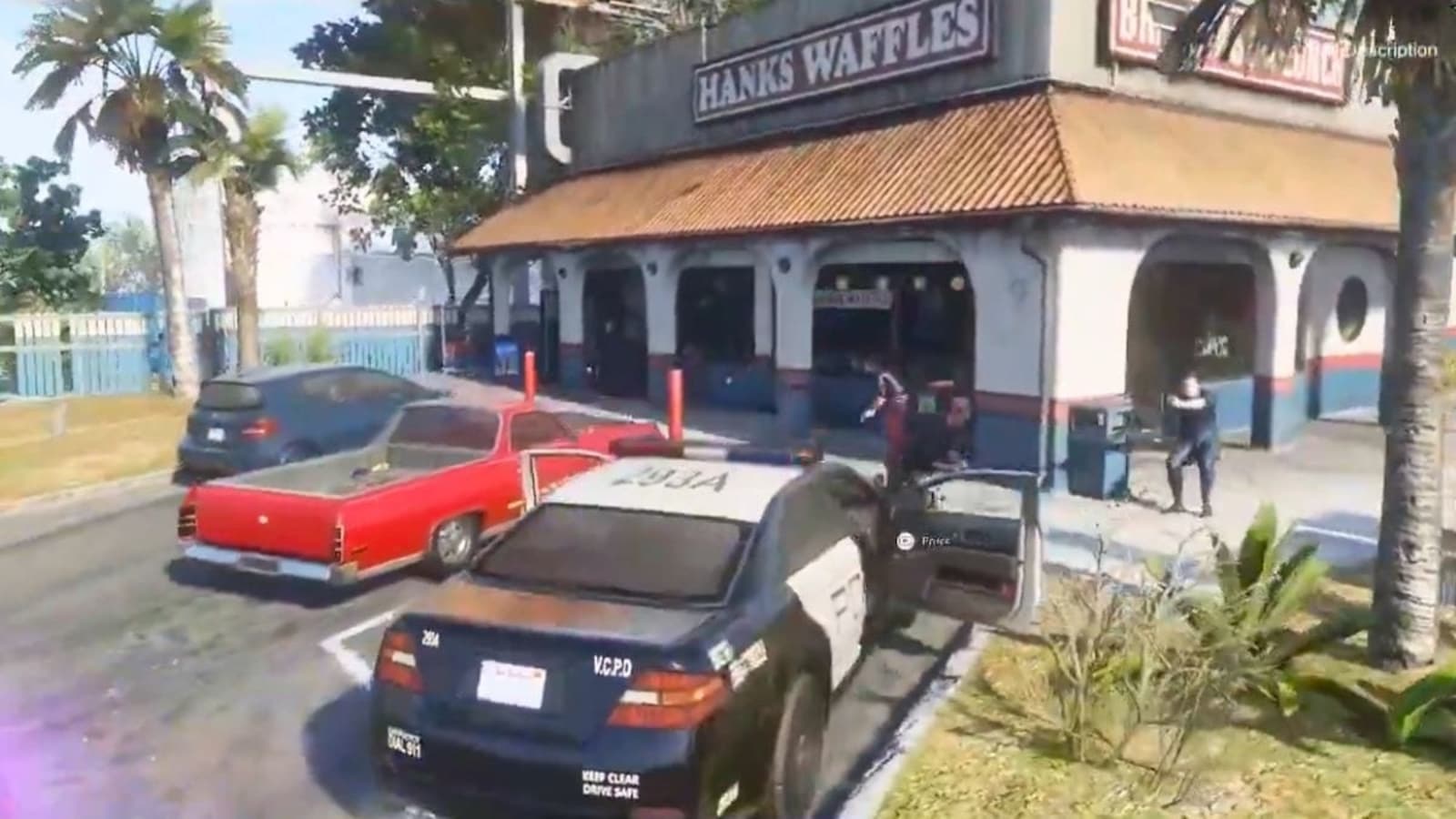Even when the weather was good, she said, they often had to wait at King Cove’s small clinic for hours until daylight, when the airstrip could be used. “If there was a road we could just drive to Cold Bay, where the medevac plane would be there waiting” for the flight to Anchorage, she said.
Opponents of the road say it would be as risky and dangerous, and perhaps more so, than travel by air or water, especially at night and in winter. Alternatives like improved helicopter service or a ferry would be better, they say.
Last week, the Ninth Circuit requested that lawyers for King Cove and the Biden administration respond within 21 days to the conservation groups’ appeal for a rehearing.
Ms. Psarianos said that was encouraging. “We’re hopeful that it means that at least some of the judges see some of the many, many problems with the panel’s decision,” she said.
In his brief, Mr. Carter wrote that he, like many Americans, had experienced Alaska’s public lands many times. In his response to The Times’s questions, he described one visit, to the Arctic National Wildlife Refuge, one of the largest expanses of wilderness in the United States, as “one of the most unforgettable and humbling experiences” of his life.
“We had hoped to see a few caribou during our trip, but to our amazement, we witnessed the migration of tens of thousands of caribou with their newborn calves,” he wrote.
But Anilca held significance beyond the protections it provided such lands, Mr. Carter said. Passage of the law, he wrote, was a result of a consensus-building, bipartisan approach to governing.

























